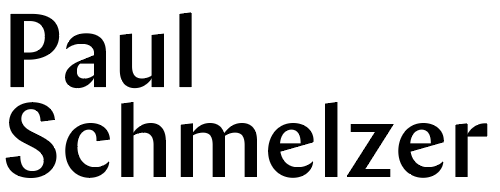“If someone comes into my house and tries to rename my cat, that doesn’t have anything to do with what I’m going to call the cat. This is not theirs to do. And that’s how I feel about Bulbancha.”
—Jeffery Darensbourg
For several years, Jeffery Darensbourg and the artist Ozone504 have been engaging in what they call “one-word activism,” most notably around the Choctaw name for what today is called New Orleans. The area has been called “Bulbancha,” or the place of many tongues, for hundreds of years prior to the founding of the city in 1718, and Darensbourg argues it’s a better, more descriptive, and more inclusive name for New Orleans. In my new essay for The Ostracon, I link the story of Darensbourg, a writer, researcher, and enrolled member of the Atakapa-Ishak Nation, with other figures and movements for Indigenous rights, from Dakota activist Kate Beane’s successful efforts to rename Minneapolis’s largest lake to botanist Robin Wall Kimmerer’s writings to the movement to remove racist statues and change racist sports team names.
The cover of the zine Darensbourg and Ozone504 created as a counter-narrative to the 2018 tricentennial of New Orleans.
Bulbancha is somewhat unique among Indigenous place names as it doesn’t describe a sensory experience or physical feature of land but refers to human interaction—the coming together of people and languages through the superhighway of wetlands long used for cultural and commercial exchange. And that legacy is more befitting New Orleans than a name derived from a French duke who never set foot in the city.
Alexandre de Batz’s 1735 painting Desseins de Sauvages de Plusieurs Nations includes mention of Bulbancha (Balbancha) on the bottom edge.
Says Darensbourg:
When I say ‘Bulbancha is still a place,’ I’m not saying everybody else go home. People here say, ‘No matter how weird you are, wherever you live, you could move here and you’re probably not that weird here.’ Obviously, the land that was Bulbancha is still a piece of land. But we’re also talking about those fundamental interactions between people, that diversity, the values of those people, the way that they would all come together and form this sort of place of interaction, place of cultural exchange. That is still a place, and Bulbancha means that place better than any European word.
READ: Bulbancha Forever: From NOLA to Minneapolis, a movement to revitalize Indigenous names grows



